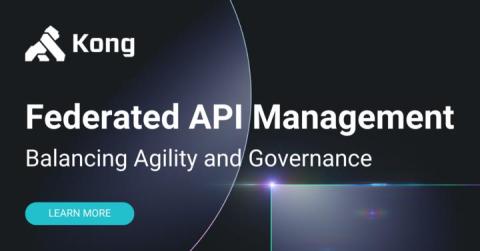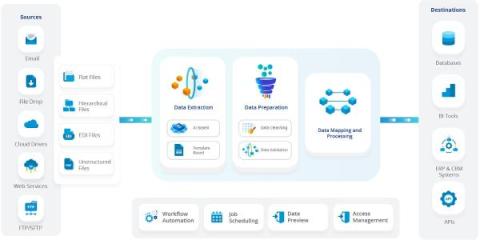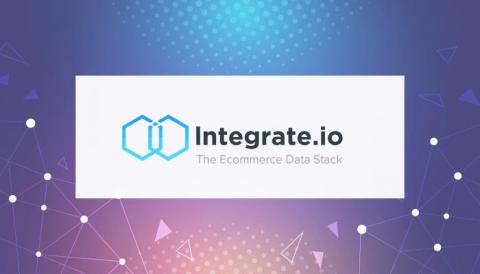Federated API Management: Balancing Agility and Governance
Looking to develop more APIs faster (and securely)? Then you have some different API platform deployment models to consider. In this post, we'll define and compare the siloed, centralized, and federated API platform deployment models — and dive into why federated API management is key to striking a balance between agility and governance.










